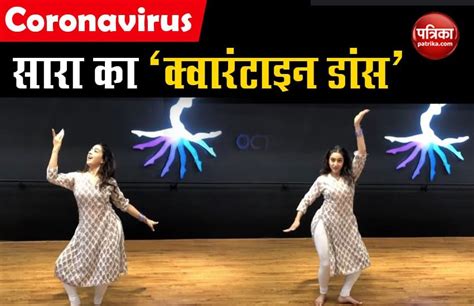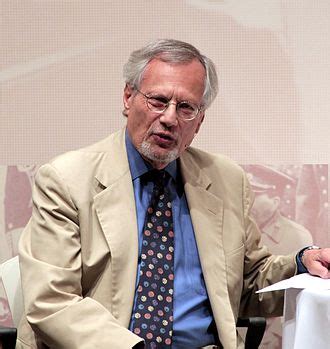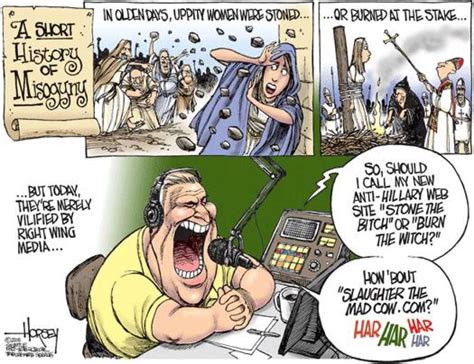A Quote by Cass Sunstein
Voters like to fall in love with presidential candidates, at least a little bit.
Quote Topics
Related Quotes
Seventy-five percent of voters now [in September 2016], according to the latest poll, want third-party candidates included in the debate. We have the highest disapproval and distrust rates ever in our history for these two presidential candidates, which the system is doing everything it can to force down our throats.
The people at the very top could fall by and grace you with their presence and give you a little largesse, and you'd be "Oh, I'm so beloved." In a way, it was kind of like flattery. The middle managers didn't quite have that cachet, but at the same time, they had to seem like they were of that caliber. So there's a little bit of loneliness at the heart of those with a little bit of power.



































